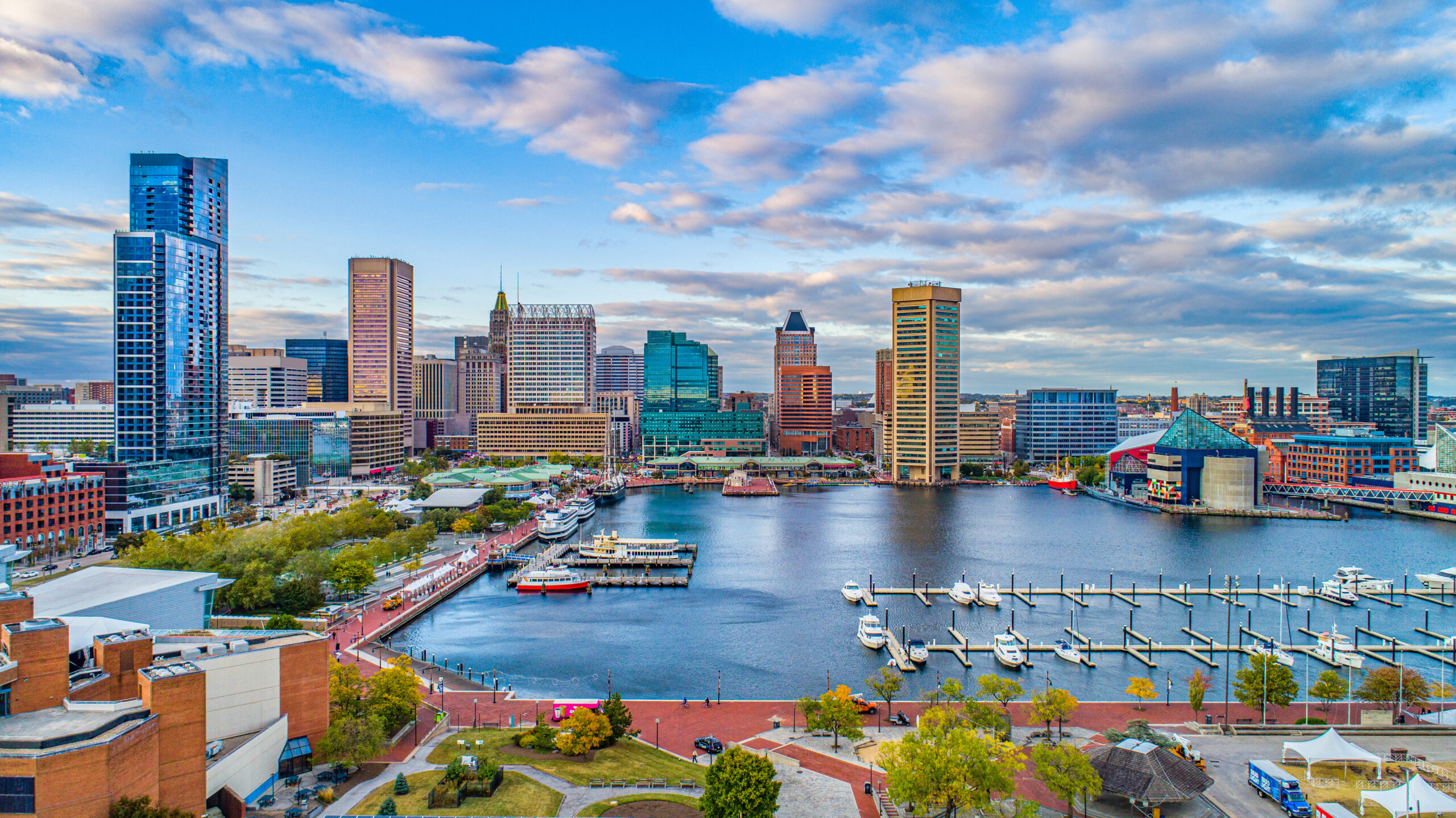By Gregory Pranzo
Baltimore has always been a city of innovation and resilience. From our historic harbor to the thriving small business scene, we know what it means to adapt, grow, and reinvent ourselves. Today, one of our biggest challenges—and biggest opportunities—is preparing our workforce for a tech-driven economy. The reality is clear: jobs are evolving rapidly, and digital skills are no longer optional. For Baltimore to thrive, we need a workforce that can compete, innovate, and lead in the 21st century.
Understanding the Digital Skills Gap
The “digital skills gap” refers to the mismatch between the skills employers need and the skills workers currently possess. In Baltimore, this gap is evident across industries. While tech startups and companies in healthcare, logistics, and finance are booming, many workers lack the skills to access these opportunities. Skills like coding, data analysis, digital marketing, and cloud computing are in high demand, but there’s a shortage of local talent trained in these areas.
Addressing this gap isn’t just about filling jobs—it’s about creating economic mobility, building stronger businesses, and ensuring our city remains competitive nationally and globally.
Why Digital Skills Matter
Digital skills empower workers to succeed in a variety of roles, not just in tech companies. For example, a small business owner in Baltimore can leverage digital marketing tools, e-commerce platforms, and analytics to grow their business. Employees in healthcare can use telemedicine platforms and electronic health records more efficiently. Even public sector workers can improve city services through technology.
Investing in digital skills isn’t just a “nice-to-have.” It’s a necessity. Workers who are digitally fluent earn higher wages, have more career mobility, and are better prepared for the future. Employers benefit, too, with increased productivity, innovation, and competitiveness.
Programs and Initiatives Making a Difference
Baltimore has already made strides in bridging the digital skills gap. Organizations like the Baltimore Digital Innovation Hub and Code in the Schools provide training programs for youth and adults. Local colleges and universities are offering more tech-focused courses, certifications, and bootcamps that prepare students for in-demand roles.
Additionally, partnerships between businesses and educational institutions are key. Apprenticeships, internships, and mentorship programs allow workers to gain hands-on experience while learning essential digital skills. By combining classroom learning with real-world application, we create a workforce that is both capable and confident.
Role of Local Entrepreneurs and Businesses
Entrepreneurs and business leaders in Baltimore play a critical role in closing the digital skills gap. Small businesses can offer on-the-job training programs, sponsor digital literacy workshops, and collaborate with local schools to create pipelines for talent.
For example, a Baltimore restaurant owner could train staff on online ordering systems, social media marketing, or inventory management software. A healthcare startup could mentor interns in data analytics or app development. These efforts not only strengthen individual businesses but also elevate the broader workforce.
The Importance of Accessibility
One of the biggest challenges in closing the digital skills gap is ensuring access for all residents. Digital literacy programs must reach underserved communities, including those with limited access to technology at home or in school. Public libraries, community centers, and nonprofit organizations play a vital role in providing access to computers, internet, and training programs.
Investing in accessible digital education ensures that no one is left behind. It also strengthens Baltimore’s economy by creating a more inclusive and skilled workforce.
Building a Culture of Lifelong Learning
The reality is that digital skills are constantly evolving. Learning doesn’t stop after school or a single training program. Employers and employees alike must embrace a culture of lifelong learning. Encouraging continuous education, professional development, and experimentation with new tools is key to staying competitive in a tech-driven economy.
Baltimore can foster this culture through incentives, community initiatives, and support networks. When workers feel empowered to learn and grow, businesses thrive, and our city becomes a hub for innovation.
Looking Ahead: Baltimore’s Future
The potential for Baltimore to become a leader in a tech-driven economy is immense. By bridging the digital skills gap, we position our workforce for success and create opportunities for businesses to innovate and grow. It’s not just about technology—it’s about people. Our city’s greatest resource is its residents, and by equipping them with the tools and skills they need, we can ensure a prosperous, inclusive future for everyone.
From small business owners to students, from nonprofit leaders to city employees, every member of Baltimore’s workforce has a role to play. By investing in digital skills today, we’re investing in a stronger, more resilient Baltimore tomorrow.
In 2025 and beyond, closing the digital skills gap won’t just be a strategy—it will be a shared mission, one that empowers individuals, strengthens businesses, and positions Baltimore as a city ready to thrive in a rapidly changing world.
